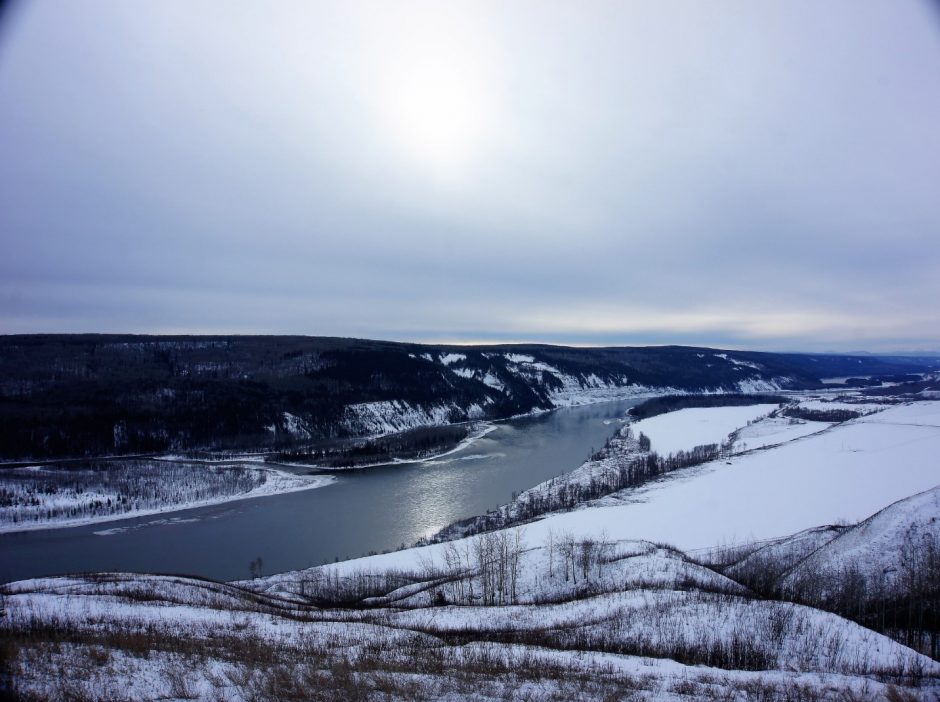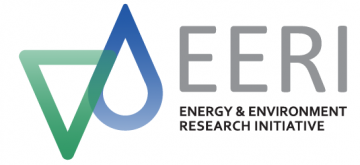Characterizing dissolved methane in groundwater in the Peace Region, Northeast BC, using a regional, dedicated groundwater monitoring well network
Methane in groundwater in areas of oil and gas development is a complex issue and the subject of much controversy. While methane is naturally ubiquitous in groundwater, there have been isolated documented instances of unintentional release into the subsurface from oil and gas development activities, leading to anthropogenic groundwater impacts. Previous research to investigate the prevalence of anthropogenic sources of methane in groundwater has proved inconclusive due to two key limitations; 1) scientifically designed and purpose built monitoring wells have not been used to collect data, and 2) natural “background” dissolved methane concentrations have not been adequately characterized from which anthropogenic impacts, or lack thereof, can be assessed. Consequently, much conjecture has ensued with deterioration of public confidence and backlash against increasing development. Through this project, we will address this issue in the Peace Region of NE BC through review of existing data and installation of 30 purpose built and scientifically designed groundwater monitoring wells, to generate a comprehensive scientifically defensible groundwater dataset. Through this project, groundwater dissolved methane and geochemistry conditions within the Peace Region of Northeast BC will be comprehensively and conclusively characterized, along with subsurface geological and aquifer conditions. The results will be used to inform appropriate groundwater monitoring strategies in light of continued oil and gas development for the region. As a legacy, the project will provide a scientifically designed and extensive regional groundwater monitoring network available for future scientific research and ongoing monitoring of groundwater quality in the Peace Region.

Peace River near Fort St. John, NE BC, November 2016.
